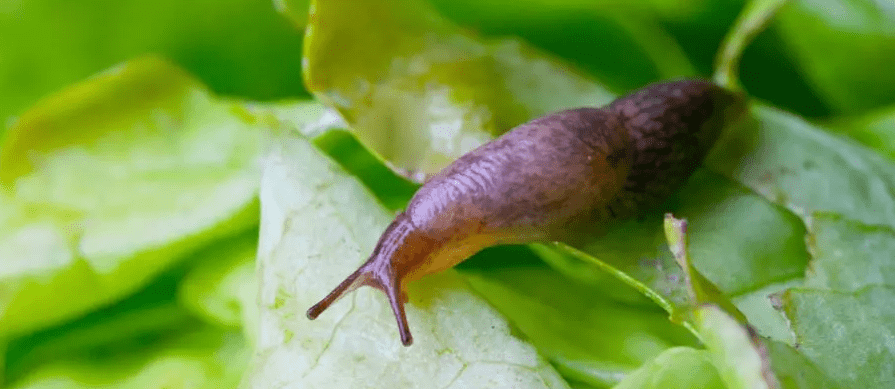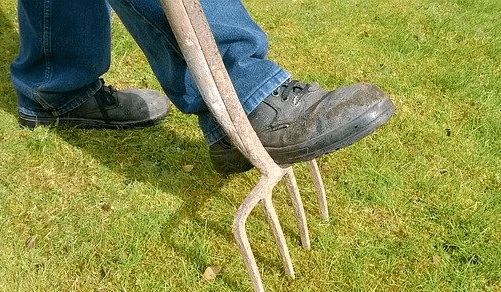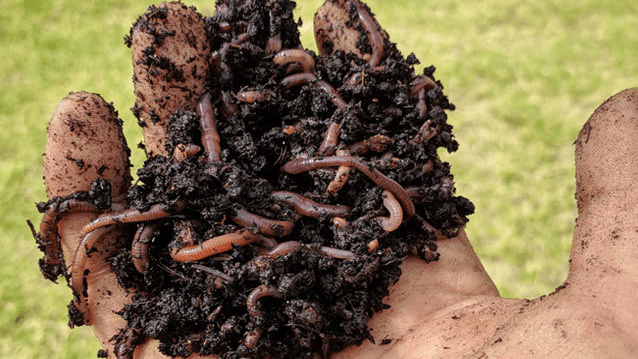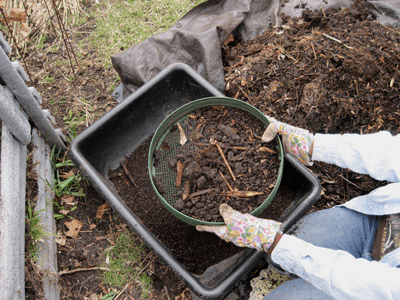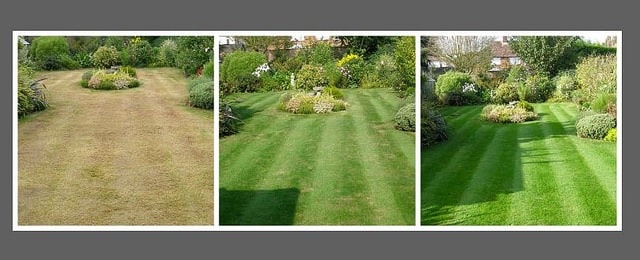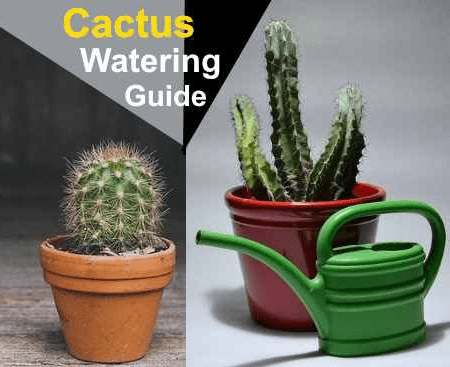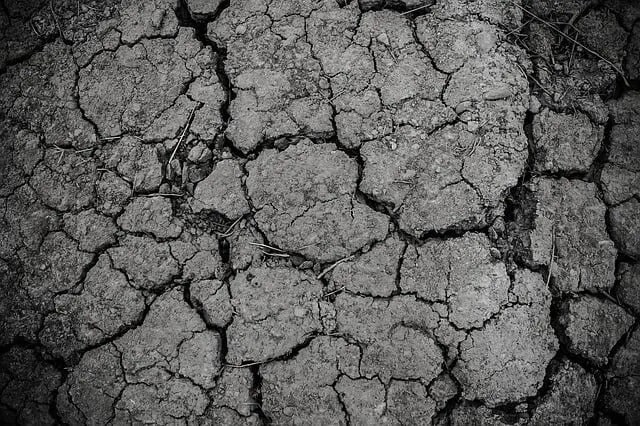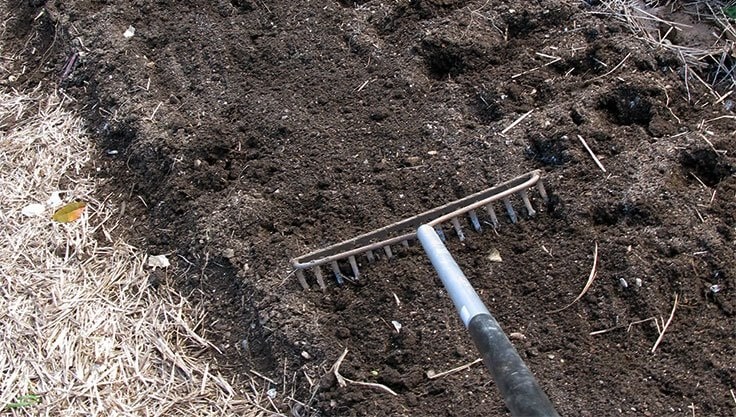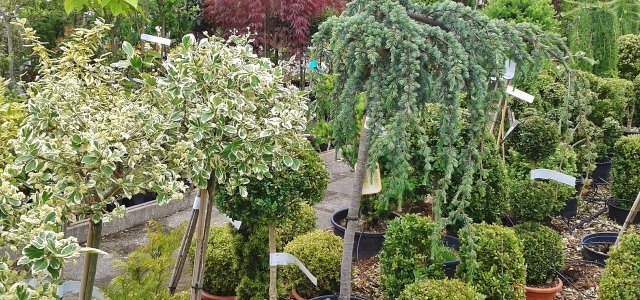
Organic plants are still considered newcomers in the plant sector and are therefore less well known. We tell you why organic quality is also important for plants and which seals you can look out for.
Why organic plants are important
While a broad section of the population is now aware of the benefits of organic food, organic plants are still a niche product. According to organic agriculture data, only about 1.7 percent of all ornamental plants are organically grown. Yet conventionally grown plants bring with them some ecological problems:
- The plants are usually treated with sometimes high amounts of pesticides. These promote the extinction of insects and wild plant species, thus threatening biodiversity. You can find out more about this topic here: Pesticides: interesting facts about herbicides, fungicides and insecticides.
- Many houseplants originate from tropical or subtropical regions. They therefore have to travel long distances and have a correspondingly poor ecological balance. In addition, the working conditions in the country of origin are usually not transparent.
- To improve growing conditions, peat is added to potting soil. This ensures that the soil is better pressed and can thus store higher quantities of water. The peat often comes from Belarus. But it is not only the transport route that is responsible for its poor eco-balance: high quantities of carbon dioxide are released during the extraction of peat. This enters the atmosphere and continues to drive global warming. In addition, peat extraction destroys the habitat of animals and plants.
- Last but not least, you can usually only buy conventional plants in disposable plastic containers. In the long term, this creates large amounts of packaging waste that is not biodegradable.
Where can I find organic plants?
If you want to avoid the ecological problems of ornamental plants, so far you have to spend some time searching for organic plants. You can ask in ordinary building and garden centers, but you will not always find there. It is even better to use small and independent flower stores and nurseries. This way you can support local trade and maybe even see for yourself how local plants are grown. Organic stores also sometimes have plants for sale.
If you’re looking for plants for your garden and balcony, it’s easy to use local species. Plants not only have a better ecological balance, but also act as a food source and habitat for native insects and birds.
Before you buy new plants yourself, you can also network with friends or family members. Maybe they have plants they’d like to trade or give away. This not only saves resources, but is also easy on your wallet.
Organic plants: These are the labels to look out for
For the purchase of organic plants you can orientate yourself by the typical organic seals. Make sure that the plants are declared with the term “bio” and the corresponding logo of the seal. Other terms such as “from controlled cultivation” or “close to nature” are not reliable. Since they are not protected, manufacturers can write them on any kind of product.
In addition to the EU organic label, Demeter, Bioland and Naturland have established even stricter guidelines for the cultivation of organic plants. In all four cases, the following applies to organic plants:
- No synthetic chemical fertilizers or pesticides may be used for cultivation.
- Organic plants are free of genetic engineering.
- The cultivation of organic plants should be designed in such a way that soil fertility is improved and soil erosion is prevented. Farmers achieve this, for example, through the careful selection of certain plant varieties, a multi-year crop rotation or the recycling of organic by-products.
- Demeter, Naturland and Bioland also emphasize that the proportion of peat in the soil should be as low as possible.
- The three seals also prescribe a container that is as sustainable as possible. Ideally, this should be made of biodegradable materials such as waste paper or wood fiber. Containers made of plastic must be as stable as possible and therefore reusable. PVC is prohibited in all cases.
Other sustainability seals
In addition to organic labels, there are other labels that can at least give you some orientation regarding the cultivation of a plant:
- For example, the Fairtrade seal also signals that certain standards have been met in working conditions for cut flowers and ornamental plants. In addition, Fairtrade evaluates ecological criteria: Fairtrade farms should, for example, have compost and waste management and water as sparingly as possible.
- The Dutch sustainability program MPS aims to help market gardeners work in a more ecologically conscious way. The program collects all the important data to evaluate a company using a sustainability scale. If a sufficiently high score is achieved, the program awards a company with the MPS-ABC certificate. This is considered the basic certification for sustainably produced plants.
- Plants that have been awarded the GGN label of the GlobalGAP Standard can be traced using the corresponding number on the GGN website. There you can see exactly where the respective ornamental plant comes from.


